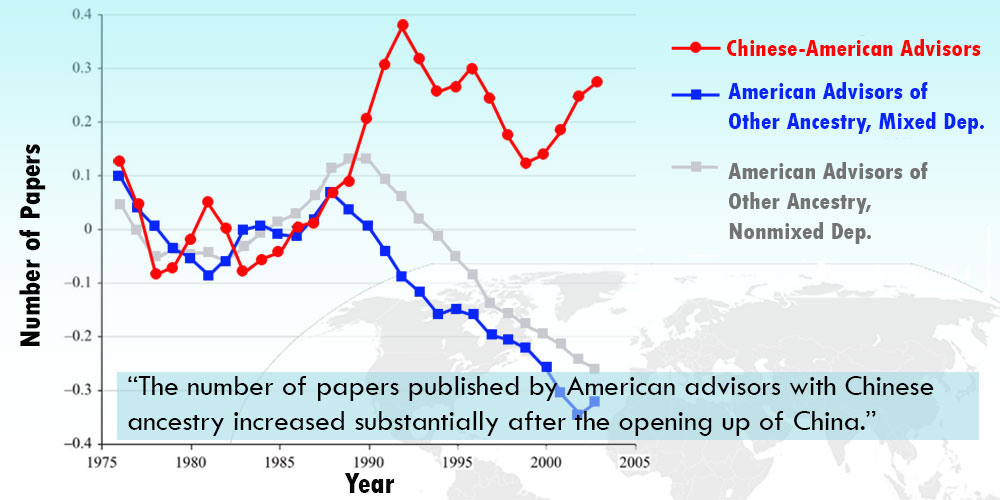Does Prescription Opioid Availability Affect Labor Markets?
Over the last two decades, the proliferation of opioid abuse has driven the deadliest drug crisis in U.S. history. During this same time frame, labor force participation has steadily fallen, reaching the lowest level since 1983. Many of the areas that witnessed the largest deteriorations in labor market conditions are also those hit hardest by the opioid crisis. Is there a connection? The extent to which opioid use and abuse affects the labor market has been difficult to determine, but researcher David Beheshti examined a change in drug classification that reduced opioid availability to see if the labor market changed as well.
A federal regulatory change surrounding hydrocodone combination products (HCPs) provided an ideal setting to study this issue. HCPs—such as Norco and Vicodin—have historically been subject to less stringent regulations compared to similar opioids, such has oxycodone. In October of 2014, the Drug Enforcement Agency (DEA) rescheduled HCPs into the most strictly regulated category of prescription drugs, leading to an immediate reduction in HCP prescriptions—especially in areas that were heavily reliant on HCPs prior to the rescheduling.
Beheshti found no evidence of substitution toward other prescription opioids, indicating that the rescheduling led to an overall decrease in opioid availability. Did that translate into improvements in the labor market? Beheshti: “I do find that this reduction in opioid distribution led to relative improvements in labor market conditions. But despite the improvements in the labor market, the rescheduling was also associated with increases in drug-related arrests, suggesting some substitution toward illicit drug markets.”
These results highlight important trade-offs in restricting access to legal opioids—while such restrictions may prevent some individuals from dropping out of the labor market, they may lead others to seek out substitute drugs in the illicit market.
Read the study in the Journal of Human Resources: “The Impact of Opioids on the Labor Market: Evidence from Drug Rescheduling” by David Beheshti.
***
David Beheshti is an assistant professor of economics at the Department of Economics, Carlos Alvarez College of Business, University of Texas at San Antonio.




